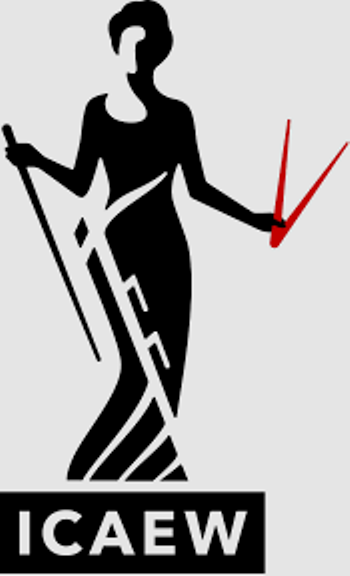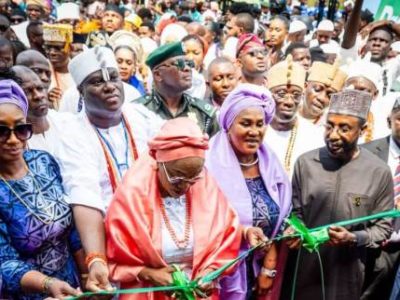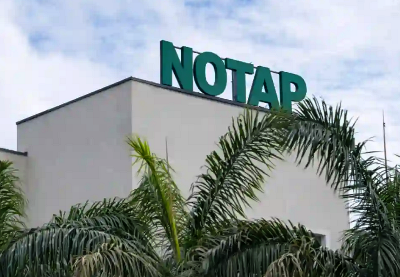As the adoption of cryptocurrencies, Artificial Intelligence (AI) and blockchain rapidly gains momentum globally, ICAEW (the Institute of Chartered Accountants in England and Wales) and the Order of Accountants and Auditors of Mozambique (OCAM), under the auspices of PAFA (Pan African Federation of Accountants), have combined efforts to shed light on how accountancy and finance professionals in Africa can harness the 4th Industrial Revolution.
As a part of the two entities’ ongoing efforts to accelerate the development of Africa’s financial sector, the 6th Africa Congress of Accountants event (ACOA2021), held from 24 – 26 November 2021, brought together international experts who shared their knowledge and experience on how accountants can provide more insight and stay competitive in the digital era.
By 2030, AI is expected to add $15.7 trillion to global GDP, with $6.6 trillion projected to be from increased productivity and $9.1 trillion from consumers, according to PwC.
RELATED Partners In Progress: MTN Sponsors 50th ICAN Gathering On 4IR And Accounting Profession
Businesses are set to accelerate the digitalization of work processes, learning, and the automation of tasks within organisations. According to the World Economic Forum’s ‘The Future of Jobs report 2020’, workers will face two considerable disruptions by 2025: job losses due to increased automation and the economic impact of COVID-19 we are still experiencing. The report also states that humans’ and machines’ time spent on current tasks at work will be equal by 2025.
“The explosion in the accessibility of data has led to rapid advances in digital technologies that are transforming businesses, economies, and societies – and Africa has a great opportunity to leverage these to drive large-scale transformation across industries,” said ICAEW Regional Director, Middle East, Africa and South Asia, Michael Armstrong.
He added: “While AI is still in the early phases of adoption, it is already having a fundamental impact on many systems. However, harnessing technology will require a lot more than learning and re-skilling. Both governments and employers will need to take active roles in ensuring workforces are ready to adapt to more regular demands for change by aligning educational initiatives, workforce-development programs and public policies. And as a profession, we must continue to support members globally to ensure that all accountants – from smaller firms and smaller economies – are included in the digital transformation journey.”
ALSO READ Nigerian Government To Establish Emerging Technology Centres Nationwide
The speakers acknowledged that the 4th Industrial Revolution is transforming working methods and business models, and with this will come a change in the traditional accountancy skills needed in the future.
“Adopting AI platforms will be a major boon for accountants in audit teams in Africa. AI empowers quick decision-making, creates intelligent insights, and examines huge quantities of data with ease. This allows accountants to redirect the time that they used to spend on such work towards performing high-value, high-impact tasks. To build a positive future vision for our profession, accountants must understand how technology can solve accounting and business problems and diversify their talents by focusing on advisory skills, to act as the broker between technical experts and clients,” said ICAEW Technical Manager, Tech Faculty, Kirstin Gillon.
The congress was held virtually and physically, at Joaquim Chissano International Convention Centre, Maputo – Mozambique, and attended by more than 1,000 accounting professionals from across the continent.






























